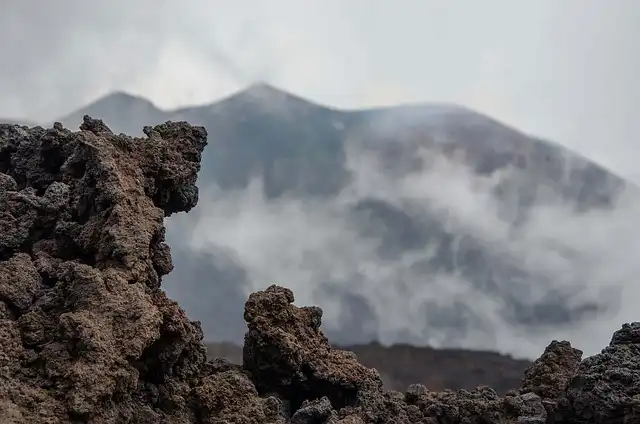Steðji Rock: Icelandic Myth & Geology

Steðji, a goblet-shaped rock in Iceland, is steeped in folklore and geological significance. Once a key roadside stop, it's now a protected natural monument with unique lava and scoria formations. #Iceland #Geology
Steðji: The Chalice Rock
In an arm near Reykjavík, typically bypassed by travellers, stands a rock that seems plucked from the web pages of Icelandic mythology. Referred to as Steðji, or, Staupasteinn, this nearly three-meter-tall development climbs from capital like a chalice carved by ice-giants. Its goblet-like shape has inspired both its name and Icelandic people lore.
Bypassing Steðji: Tunnel’s Impact
The main roadway from Reykjavík to the Northern part of Iceland utilized to go past the rock, making it a prominent pit stop on roadway journeys up North. When an underwater tunnel was proposed in the 90’s to bypass the arm, a delegation from the Icelandic authorities was sent out along with a seer to obtain the hermit’s true blessing and security for the building.
Visiting Steðji: Directions & Access
To reach the stone, drive along path 1 from Reykjavík and make a best turn to Path 47 prior to Path 1 enters the underwater passage. When you have actually passed Hvammsvík Hot Springs, you must soon notice signs on follow indications leading up a gravel path to Skeiðhóll hillside. A little parking area and informational signage welcome site visitors.
Past its mythical organizations, Steðji is a geological interest. Created by a mix of reddish scoria at its base and columnar lava atop, the rock is thought to have actually tumbled down from the hill Hvammsfjall during the last Glacial epoch. Its unique formation caused its designation as a secured all-natural monolith in 1974.
1 Geological formation2 Iceland travel
3 Icelandic folklore
4 Natural monument
5 Steðji Rock
« Dakota Territory: History, Capitol & DivisionChiapas: Catholicism, Indigenous Peoples, and Social Change in Mexico »
